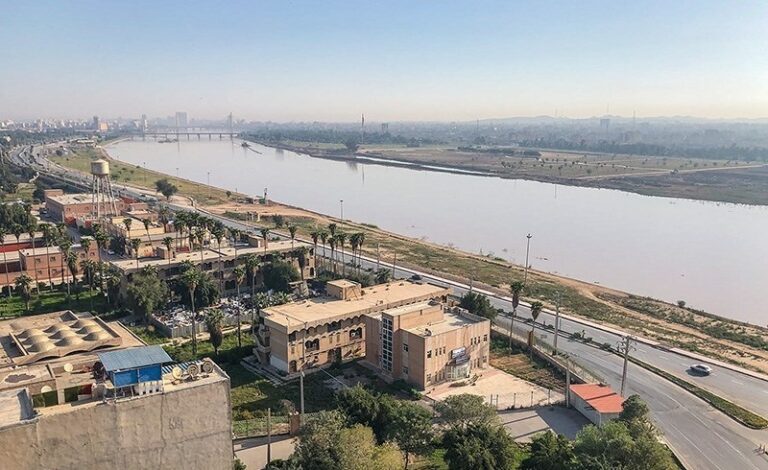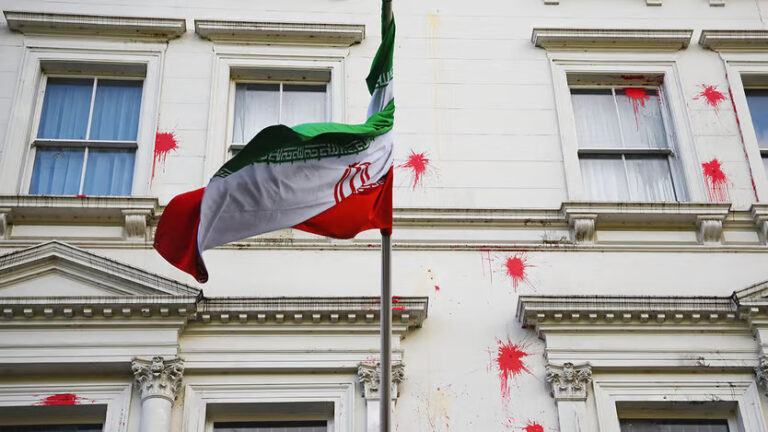IRBIL, Iraq, (AP) – Leaders of Iraq’s main political blocs met briefly Monday in the northern city of Irbil in a rare face-to-face gathering that failed to produce a new government and highlighted the 
many issues that still divide them.
All of the attendants emphasized that the opening session of what was described as a three-day meeting was a positive development for the gridlocked negotiating process, but that a new government was still far away.
After the roughly 90-minute, nationally televised meeting concluded, the political leaders agreed to meet again in Baghdad the following day. It was not immediately clear if the politicians would continue their talks privately late Monday in the Kurdish city of Irbil.
Massoud Barzani, president of the Kurdish Autonomous Region in northern Iraq, lobbied for the meeting to be held in Irbil, seat of the Kurdish government. He opened Monday’s gathering with a call to Iraqi politicians to work together.
“It is a historic moment with deep meaning to meet together to discuss and agree on the country’s future and to develop it in a way that meets the ambitions of the Iraqi people,” he said.
The meeting was a who’s who of the Iraqi political scene and the first time all the main political leaders have met since the March 7 election.
Among the crowd in the Irbil conference hall were current Prime Minister Nuri al-Maliki and the man who would like to take his job, Iyad Allawi.
Allawi heads the Sunni-backed Iraqiya coalition that won 91 seats in the parliament to al-Maliki’s 89 seats. With neither side winning a majority in the 325-seat parliament, an eight-month period of intense political negotiations over the formation of a new government followed the March polls.
Al-Maliki described the meeting as a new push forward by the political blocs to reach an agreement.
“We need to open a new page and leave the past behind,” he said.
But comments from many attendants indicated the difficulties involved in coming to an agreement between political parties that have in the past fought their battles on the streets and still view each other with deep suspicion.
Vice President Tareq al-Hashimi, a Sunni from the Iraqiya alliance, warned that negotiating committees who have been meeting for weeks before the Irbil summit had left many of the most contentious issues to the leaders to work out.
“Based on that, I do not think that the leaders will be able to solve these sticking issues because they need a lot of discussion and study,” he said. “I do not know how the leaders, today and tomorrow, will be able to discuss this list of sensitive and strategic issues during this short period of time.”
Hours before the political leaders met, seven pilgrims were killed in a car bomb blast in the holy Shiite city of Karbala, 50 miles (80 kilometers) south of the Iraqi capital.
Police and hospital officials said the seven were six Iranians and one Iraqi and that at least 35 others were wounded in the blast, including Iranian and Pakistani nationals.
The car bomb exploded at a parking lot in central Karbala that is used by pilgrims traveling between Iraq’s holy sites. Such parking lots have often been targeted by Sunni militants unable to get close to the holy shrines due to beefed up security.
Iraqi Leaders Adjourn Meeting without Agreement
You must be logged in to post a comment.











+ There are no comments
Add yours